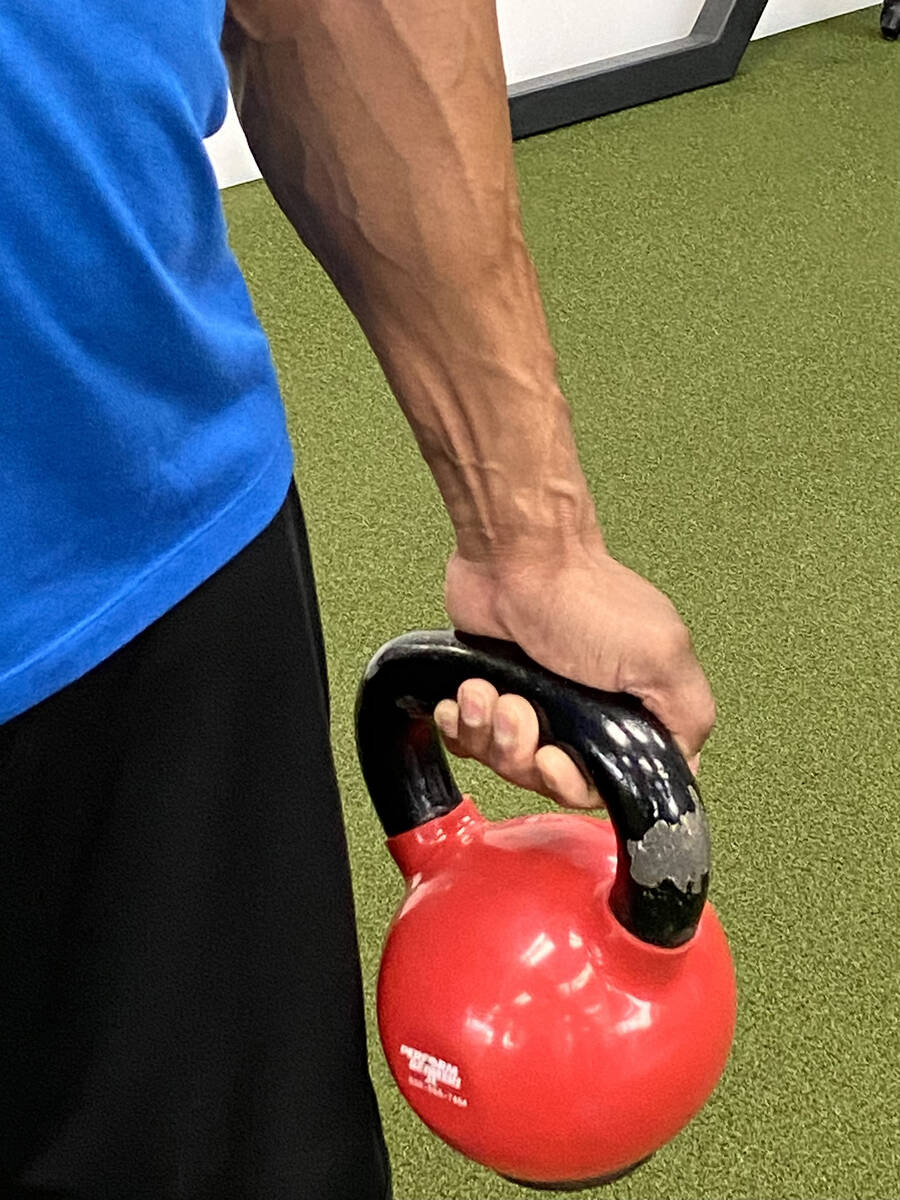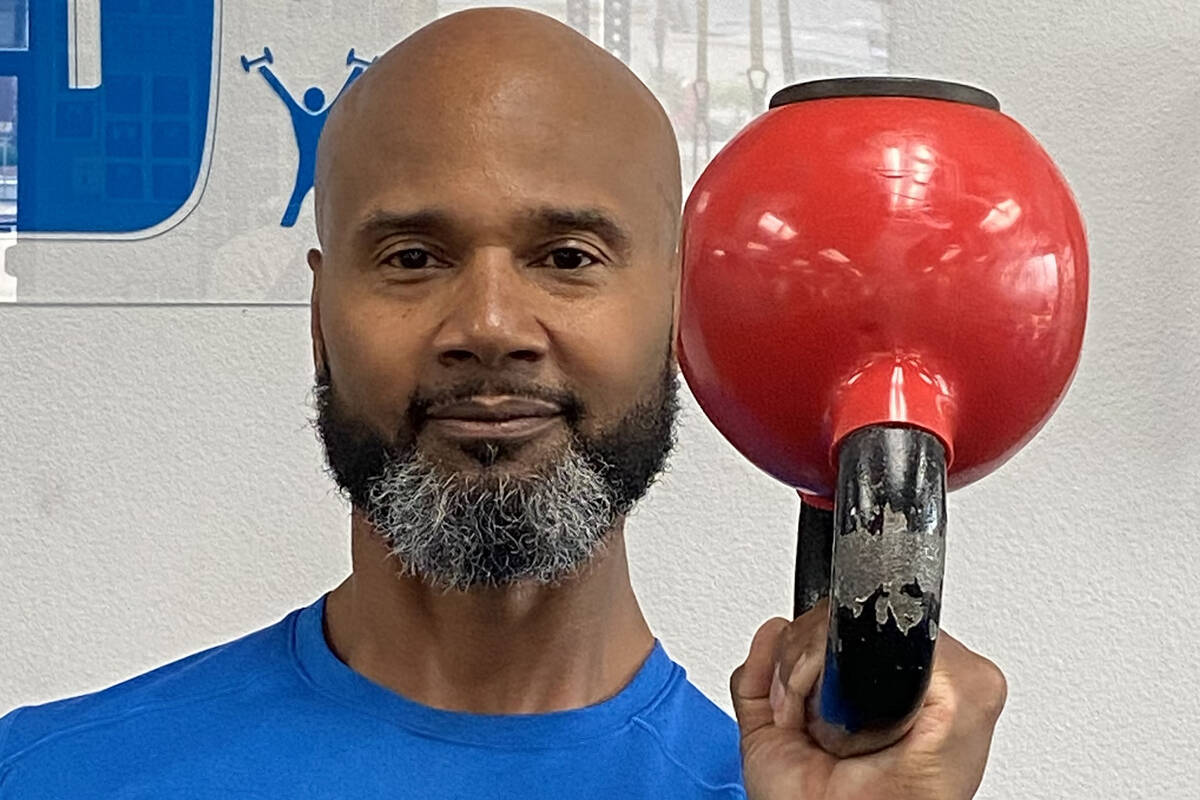Learn how grip training can aid your longevity
When the goal is to develop strength, I recommend that people select exercises to train movement patterns as opposed to isolated muscle groups.
These patterns are squats, hip hinges, lunges, horizontal pushing and pulling, vertical pushing and pulling, and the ability to carry a load. Most of these patterns may be familiar to you, except perhaps the last one.
Carrying a load requires grip strength. As we age, orthopedic issues can cause connective tissues to wear down, which may affect how much you can squat or lunge. However, the ability to maintain a strong grip can carry over to living a fulfilling and active life in our later decades.
Think: opening a jar, carrying groceries, or grabbing a railing quickly to prevent a fall.
An enormous body of research links better grip strength in midlife and beyond to a decreased risk of overall mortality.
A study looking at nearly half a million patients in the United Kingdom found that grip strength was strongly associated with the incidence of dementia. Those in the lowest quartile of grip strength, or the weakest, had a 72 percent higher incidence of dementia compared with the top quartile.
There appeared to be no upper limit or plateau to this relationship: the better someone’s grip strength, the lower their risk of dementia.
As a certified trainer, I’m a big proponent of grip strength because it’s easy to train, requiring minimal skill and equipment.

The first thing to understand is that there are different types of grip.
The crush grip is between your fingers and palm. This is the grip you use holding a hammer or a racket in sports such as pickleball. In this action, you close your hand as tightly as possible.
Using equipment such as kettlebells, which have thicker than normal handles, and performing pulling drills helps train this grip. A good exercise is to hold a kettlebell vertically, or “bottom’s up,” keeping your wrist straight and aligned and the elbow at 90 degrees.
Pinch grip is between your fingers and thumb. This is the least-used grip in everyday life, and one that is commonly diminished because of arthritis in the fingers.
A simple way to train this grip is by holding a weight plate for a period of time. (Be mindful of your feet to avoid injury in case the plate slips.)
The third grip is the hook or support grip. This grip is extremely important for everyday life — it’s what you use when carrying grocery bags.
Training this grip also incorporates many of the muscles of the lower arm. A simple way to improve strength in the hook grip is the classic farmer’s carry in which you walk carrying a dumbbell or kettlebell in each hand.
You want to build endurance in this exercise, so it is best to walk for 1 minute with the weights. A goal to work toward is for men to carry 75 percent of their body weight between both hands. (For example, a 175-pound male carrying 65 pounds in each hand.) Women can strive for 50 percent of their bodyweight.
My coaching tip is to walk with your shoulder blades in your “back pocket,” not elevated or hunched forward. If you are new to strength training, start with light weights to gain competency in the movement, then progress.
Another way to test and challenge your grip is to dead-hang from a pullup bar for as long as you can. This exercise comes with an added benefit of strengthening many of the stabilizers of the shoulder.
Unlock a key strategy for improving your longevity and add grip training to your regimen.
Doug Sheppard is a certified personal trainer with 33 years of experience and owns J&D Fitness Personal Training in Las Vegas.













